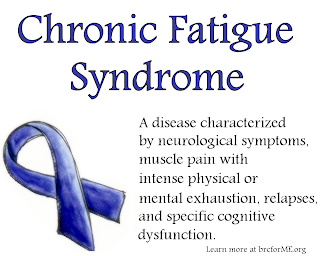 |
| Infections Symptoms |
Signs and Symptoms
General signs and symptoms:
1. Fever higher than 100 degrees (oral thermometer reading).
2. Chills and sweating.
3. Headache.
4. Fatigue.
5. Muscle aches or soreness.
6. Swollen lymph nodes.
Respiratory infection:
1. Coughing and sneezing.
2. Sinus or chest pain.
3. Sore throat, congestion, and excess mucus.
4. Watery eyes.
Infection of the mouth, ears, or eyes:
1. Localized pain or irritation.
2. Swelling, tenderness, unusual redness.
Joint infection:
1. Tenderness, pain and redness or inflammation in the joints, often in only one part of the body.
Intestinal infection:
1. Nausea and vomiting.
2. Abdominal cramps or gas pains.
3. Diarrhea.
4. Dehydration.
5. Bladder infection.
6. Painful, burning, and frequent urination.
7. Bloody urine.
What to do now
1. Rest, drink lots of water, and eat healthfully.
2. If you are younger than 65 and in good health, let a low fever (oral thermometer reading – below 104 degrees in adults, 102 in children, and 100.4 in infants under three months) run its course. Low fever is usually not dangerous and may actually speed recovery from the infection.
3. Give your body a chance to recover.
4. Avoid alcohol and smoking.
When to call a doctor
1. If your temperature rises to 104 or higher, or goes over 101 with joint pain; if a child’s body temperature rises to 102 or higher; or an infant’s to 100.4 or higher.
2. If you develop symptoms of severe infection, such as problems speaking, seeing, swallowing, or breathing, or if you have difficulty moving.
3. If your skin has been bruised by a human or animal bite.
4. If you have symptoms such as diarrhea, vomiting, or a sore throat, that persist or worsen after one or two days.
How to prevent it
1. Eat healthy foods, drink plenty of fluids.
2. Exercise regularly.
3. Get enough sleep.
4. Don’t smoke or use drugs.
5. Don’t drink alcohol. If however, you must, don’t take more than 250 ml alcohol in any particular day if you’re man. But if you’re a woman you shouldn’t take more than 125 ml. Don’t drink more than three times a week.
6. Wash your hands frequently, and avoid putting your fingers in your mouth or rubbing your eyes.
E Be sure that meat is cooked is cooked fully and that food is prepared in a clean place. Do not share silverware.
7. Keep your immune system in good working order.
8. Take steps to reduce stress in your life; stress weakens the immune system. Try meditation, yoga, or deep breathing.
9. Get a flu shot yearly.
10. Ask your doctor about immunization against pneumonia.
11. Have your children vaccinated against childhood diseases.
12. Menstruating women should change tampons at least every six hours to avoid incubating harmful bacteria.
13. Keep an eye out for changes in your body-from inflammation around nicks and cuts to a runny nose or genital discharge. Attend to symptoms promptly.
14. Practice safe sex: A sexual relationship with only one person you know to be uninfected is safest. If you have sex with more than one person, use latex condoms, even during oral sex, and never reuse a condom.
15. Don’t have unprotected sex with anyone whose sexual history you don’t know or who isn’t willing to be tested for HIV.
16. Avoid anal sex; it increases your risk because of the chance of bleeding.
17. Hugging, kissing (any part of the body), message, and touching are safe activities.




























